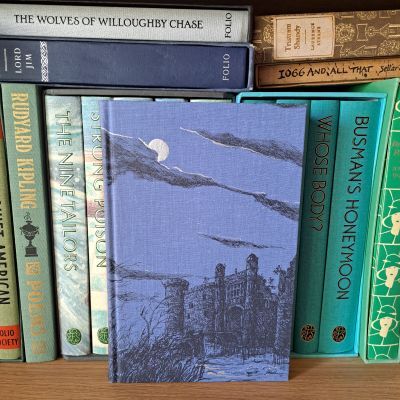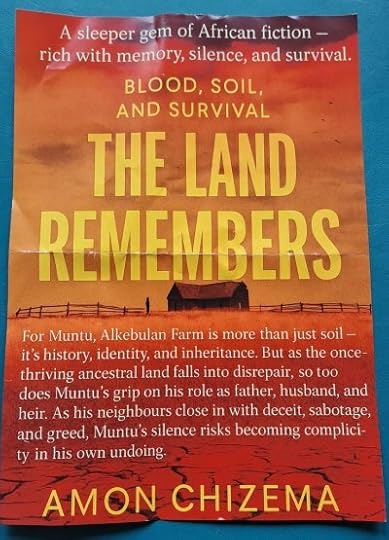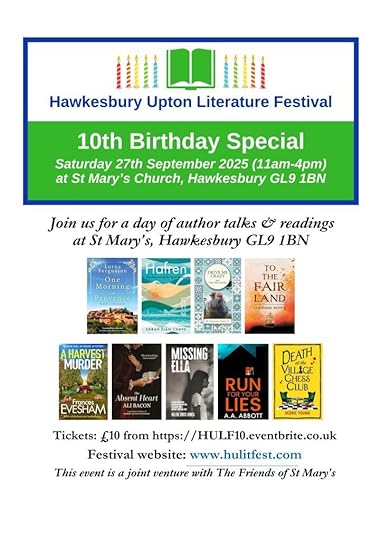How to Overcome Writer’s Block
Writer’s block: it’s a term lots of people bandy around as if it’s some kind of medical or psychological condition that blocks creative flow.
I have strong views about writer’s block, which I shared in my talk the Troubador Publishing‘s annual Self Publishing Conference in Leicester on Saturday. While the talk is still fresh in my mind, I thought I’d share my reasoning in this week’s blog post.
Whether or not you are a writer, I hope you’ll find it interesting, because the same principles apply to other forms of activity.
In short, I don’t believe in writer’s block.
Writing isn’t a skill that flows like water from a tap, turned on and off by some secret force, whether the writer likes it or not.
If you are committed to writing anything – whether fiction, non-fiction, poetry, journalism or journals – you will always be able to write, unless you are unfortunate enough to develop a medical crisis that damages the relevant part of the brain.
This happened to journalist Robert McCrum, who had a devastating stroke at the age of 42 radically affecting his wordpower. McCrum’s moving memoir, My Year Off, tells the story of his remarkable recovery.
Of course, not all stroke victims are as lucky as Robert McCrum. But my point is, blaming writer’s block for stopping you writing is a self-inflicted construct, not a medical condition.
What Really Causes Writers to Stop Writing?In my view, there are three main reasons:
trying to write a story before it’s readystarting a story in the wrong placeattempting to write the wrong thingBy story, I mean any piece of creative writing, from a school essay to a company report, from a poem to a novel.
There are simple solutions to each one:
Allow your story more time to brew. Maybe you need to allow the elements that inspired and informed your planned piece to stew for a little longer in your subconscious first. You might also try conscious planning, whether or not you usually plan what you write – and plenty of successful authors are self-professed “discovery writers” or “pantsers” who literally make up the story as they go along. (Lee Child is the most famous of these, starting each book on 1st September each year with a single sentence, and no idea of where the story would take him.) Personally, I plan each novel in outline form, form before I start writing – but only when my story has percolated enough to be planned.
Write yourself into the story – then edit out the surplus. It’s quite common for the first chapter or two of a draft novel to be cut in the editing process, because it’s not necessary to the finished work – the writer just used it to warm up. Don’t assume your first draft must be perfect – just get the basic story down, and polish it afterwards. You can’t polish a blank piece of paper. “The cat sat on the mat” is the writing prompt suggested by Cassandra Mortmain to her father, a famous author paralysed by writer’s block, in Dodie Smith’s captivating debut novel, I Capture the Castle (one of my favourite books of all time, and a must-read for aspiring writers) – with astounding results.
“Write anything—write ‘The cat sat on the mat‘ if you like. Anything, as long as you write!” – Dodie Smith in ‘I Capture the Castle’: Part 3, Chapter 15
 The beautiful hardback Folio edition of “I Capture the Castle”, a recent treat to self as my much-read paperback edition is too fragile to reread
The beautiful hardback Folio edition of “I Capture the Castle”, a recent treat to self as my much-read paperback edition is too fragile to rereadDitch the project that you’re having trouble with – or at least set it to one side for later – and ask yourself what you would prefer to be writing. Does your heart lie elsewhere? Should the memoir you’re struggling flow better if you treated it as a novel? Is what you thought was going to be a cosy mystery really meant to be a psychological thriller? Remain open-minded about what sort of writer you are. It was my pleasure to meet at Saturday’s conference a Professor of International Business and Corporate Governance used to writing academic papers who had realised he needed to write a novel. The Land Remembers, by Amon Chizema, will be launched in November. (More about Professor Chizema here.)
 The flyer for his book that Professor Chizema gave me on Saturday – to be published by Troubador on 28th November, and now available to pre-order
The flyer for his book that Professor Chizema gave me on Saturday – to be published by Troubador on 28th November, and now available to pre-orderAlternatively, if your project has been flowing well until you ground to a halt, leave a blank and go on to write the next passage after the tricky one. When you come back to fill in the blank, you’ll most likely find it flows effortlessly.
I reckon the same thinking applies to other fields of life, eg I might like to think I have housework block, but that doesn’t make me any less able to pick up a duster.
I have plenty of other ideas for re-igniting stuck writing, but I’ll save those for another post.
In the meantime, do you have any views on writer’s block? I’d love to hear them – please leave a comment below. As the late lamented Mrs Merton (aka Caroline Aherne) used to say on her TV show, “Let’s have a heated debate!”
In Other NewsWhile preparing to submit my next novel manuscript to my publisher, I’m also gearing up for the next event of the Hawkesbury Upton Literature Festival, which I founded ten years ago in my home village. The theme this time is “Strength of Character“, and there’s a cracking line-up for day of author talks, readings and discussions, on Saturday 27th September. If you’re within striking distance of St Mary’s, Hawkebury (GL9 1BN), I’d love to welcome you to the event! Find out more and book your tickets at the HULF website, www.hulitfest.com, or via Eventbrite at HULF10.eventbrite.co.uk.

What I Read Last Week
 Scoop by Evelyn Waugh
Scoop by Evelyn Waugh
I’ve read the paperback of this hilarious dark comedy of mistaken identity of a hapless nature notes journalist many times, so it was a natural choice for my next audiobook listen after enjoying Waught’s Brideshead Revisited” on Audible.
Simon Cadell’s narration is wonderful, effortlessly switching between characters, social strata, and nationalities as the story flits from London high society to rural Somerset to a fictitious, warring country in Africa. I enjoyed his acting so much that I searched in vain for more audiobooks he’d recorded – sadly he died long before audiobooks in their modern form became a thing.
Although some of the language and attitudes wouldn’t pass muster in 21st-century publishing, if you’re able to allow for the book being the product of its era, you can pass those by without it spoiling the story. Very much of the satirical humour still applies to modern society, including to journalism and publishing.
A fun read that helped pass the time agreeably as I prepared mountains of apples from our garden, ready for the freezer.
 The Durrells of Corfu
by Michael Haag
The Durrells of Corfu
by Michael Haag
Spotting this book in a charity shop, I couldn’t resist it, as I’ve been a fan of Gerald Durrell since reading “The Bafut Beagles” in my English class in my first year of secondary school.
I’ve read many of his books, and also one by his sister Margo, and his brother Lawrence’s memoir of Corfu, so was interested to come across one by a third party profiling the whole family.
Haag’s biography starts with the family’s early days in India and ends with the success of Gerald’s conservation-led zoo in Jersey, and it addresses some of the unanswered questions sidestepped by the various family members, eg more details of his parents relationship and his mother’s issues following widowhood. It’s respectful and informative, so should not upset Durrell fans, including those who have only discovered him lately due to the enormously popular TV series set on Corfu.
Definitely worth a read for any fans of any of the Durrells, with the bonus of plenty of old family photographs, which have never to my knowledge been shared in any of the family’s books.
(All book links are Amazon Affiliate links, which means I earn a tiny amount for any copies sold when you click through to them)



